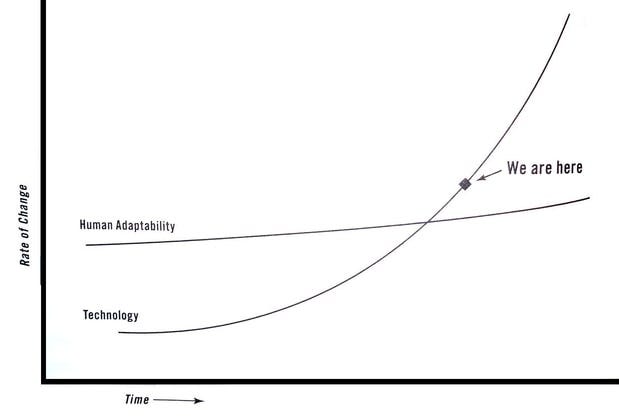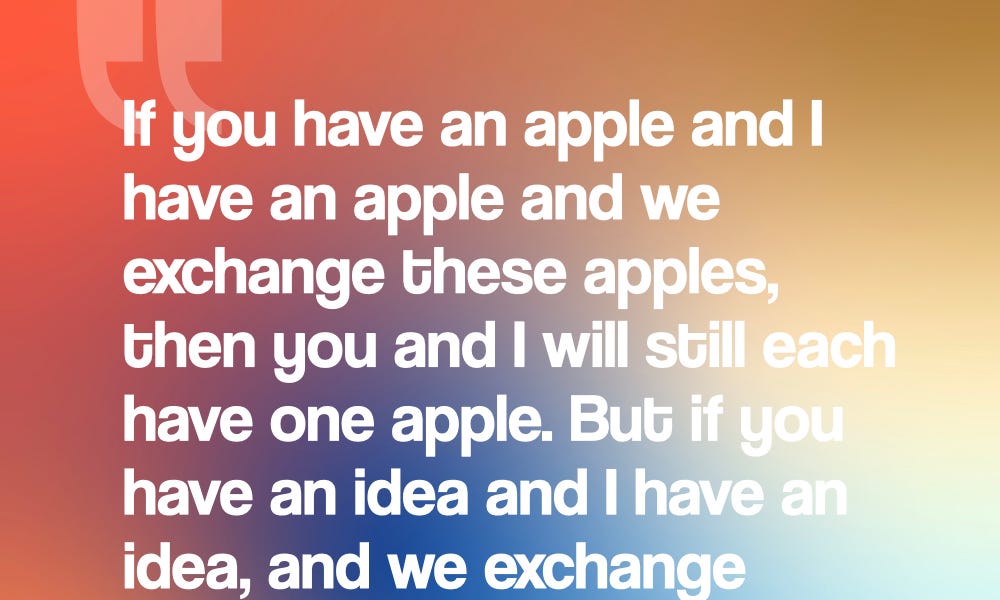
Saved by sari and
Check Your Pulse #43

Saved by sari and

sari and added

sari and added
sari added
This stems from the structure of the web — it’s a tangle of links, a jumble of interconnected ideas. It fractalizes our attention, nudging us to leave fragments of our mind trapped in open tabs like a thousand tiny horcruxes — open loops feeding off our attention until they wither away, replaced by our latest distraction.
There’s a bottleneck here:
... See more
Tom White and added

Fernando del Campo and added
Barbara added
creation over consumption
Shachaf Rodberg and added